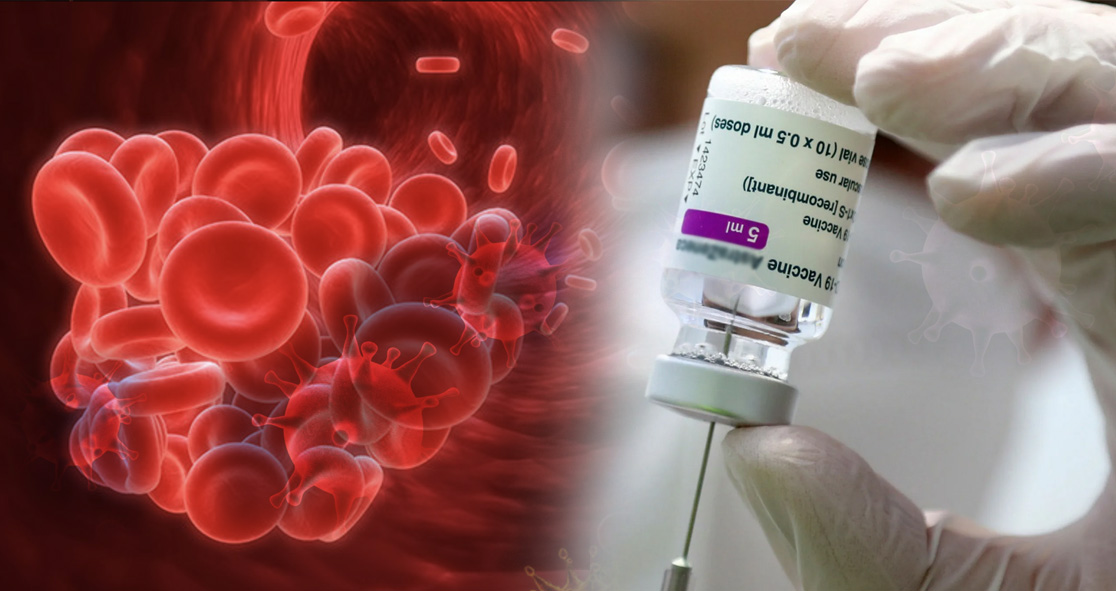A new report is offering guidance on rare blood clots linked to COVID-19 infection as well as the vaccines used against the virus.
The American Heart Association (AHA) and American Stroke Association (ASA) released the report in answer to the decision by the Centers for Disease Control and Prevention (CDC) and the US Food and Drug Administration (FDA) to end an earlier “pause” of the Johnson & Johnson (J&J) COVID vaccine.
The United States had to put a pause in place after there were reports of cerebral venous sinus thrombosis (CVST) and thrombosis-thrombocytopenia syndrome (TTS) after receiving the J&J vaccine. These blood clot disorders were also reported in patients in Europe and Canada who received the AstraZeneca COVID-19 vaccine, according to Medscape.
However, the new AHA and ASA report, which was published online in Stroke, has noted that these blood clot disorders are very rare.
The lead author of the report Dr. Karen Furie of the Warren Alpert Medical School of Brown University said, “The risk of CVST due to infection with COVID-19 is 8 to 10 times higher than the risk of CVST after receiving a COVID-10 vaccine.”
“The public can be reassured by the CDC’s and FDA’s investigation and these statistics — the likelihood of developing CVST after a COVID-19 vaccine is extremely low,” said Dr. Furie, adding that the investigators “urge all adults to receive any of the approved COVID-19 vaccines.”
The new guidance discusses signs and symptoms of CVST and TTS, and vaccine-induced immune thrombotic thrombocytopenia (VITT), according to Medscape.
Dr. Furie explained that CVST blood clots “are very rare adverse events,” but recommended that patients in the ER with a suspected blood clot should be checked to determine if they received a COVID vaccine in the last few weeks.
She also explained that a suspected clot should be immediately treated with non-heparin anticoagulants for those how have recently received the vaccine.
“No heparin products in any dose should be given for suspected CVST, TTS, or VITT,” Dr. Furie said. “With the right treatment, most patients can have a full recovery.”
The report also includes additional, detailed treatment guidelines if one of these rare blood clot disorders is suspected.
The AHA and ASA have urged “everyone to receive a COVID-19 vaccine” as soon as possible. The associations said, “We are confident the benefits of vaccination far exceed the very small, rare risks. The risks of vaccination are also far smaller than the risk of COVID-19 and its potentially fatal consequences.”























